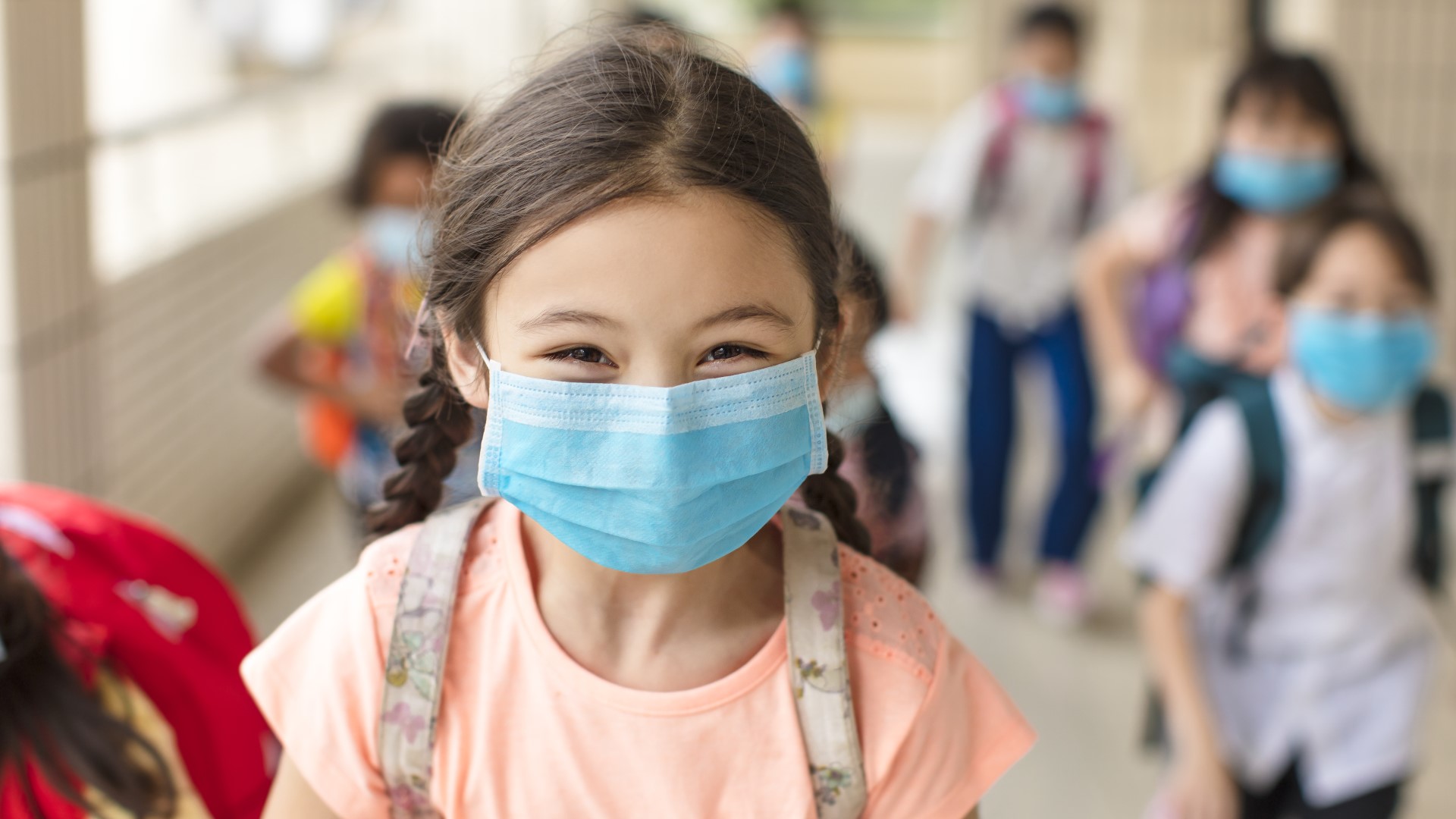SEATTLE — The U.S. could authorize Pfizer's COVID-19 vaccine for children ages 5-11 years old by the end of October.
Dr. Scott Gottlieb, a former FDA commissioner, told CBS's "Face the Nation" that Pfizer would be able to hand over its findings from clinical trials in children aged below 12 to the FDA by the end of September.
Gottlieb added he believes it will be a matter of weeks (not months) for the FDA to evaluate that clinical data and make an authorization decision.
This news comes as hospitals across the Puget Sound region deal with a surge of pediatric Covid cases thanks to the rise in the highly contagious Delta variant. With schools back in session, what do parents need to know to keep their kids safe? We asked Dr. Elizabeth Meade, Chief of Pediatrics at Swedish, to weigh in.
Is the Delta variant a bigger problem for kids than the original coronavirus?
It's more contagious and more transmissible, so the overall case numbers are rising. I think the good news for parents is — out of all the kids who test positive for COVID, the percentage of children who get really sick and end up in the ICU is the same with the Delta variant. The difference is, so many more children are getting it because the case numbers are up across the country. So we're seeing the total number of kids who are hospitalized go up as well. If you think about it, if only two percent of kids with COVID get really sick, 2% of 30,000 cases in a week is much different than 2% of 180,000 cases in a week.
What are you seeing at Swedish?
For quite some time, we were seeing much fewer kids than normal because kids weren't getting flu or RSV and all of the other things they typically get in the winter. Our numbers have certainly started to go up. We've had a very busy summer compared to normal. The same is true at many hospitals in the region. We're seeing very high pediatric patient numbers out of proportion of what's typical in summer.
Does Covid present itself differently in children?
It can be really variable in kids. Similar to adults, lots of kids will have a mild infection. It might seem like a cold. But with any illness, parents know their kids best. If you think that your child seems "off" — if they're not acting like they typically do, if they're not interacting with you like normal, that is a sign you should get them checked out. For children, the other thing we can see is multisystem Inflammatory syndrome (MIS-C). Those are kids who are coming in with fevers, organ dysfunction, lab abnormalities. That's something that needs to be diagnosed with a physician. If you're suspecting that your kid has COVID or has been exposed to COVID and is exhibiting signs of illness, definitely get them checked out by a doctor.
How should parents be navigating the return to school and activities?
I think everyone is having a hard time grappling with this. We're also having a lot of decision fatigue. Every time we're making a decision for our kids, it feels like life or death — and in some situations, it certainly can be. I think what we know from our experience last year, here in Washington, we saw going back to school could be done very safely. When we layer all of the preventative strategies (universal masking, getting kids vaccinated who are eligible, getting teachers and staff vaccinated, physical distancing, hand-washing, limiting unmasked indoor contact), all of those things have worked very well in limiting transmission in schools.
Segment Producer Rebecca Perry. Watch New Day Northwest 11 AM weekdays on KING 5 and streaming live on KING5.com. Contact New Day.

